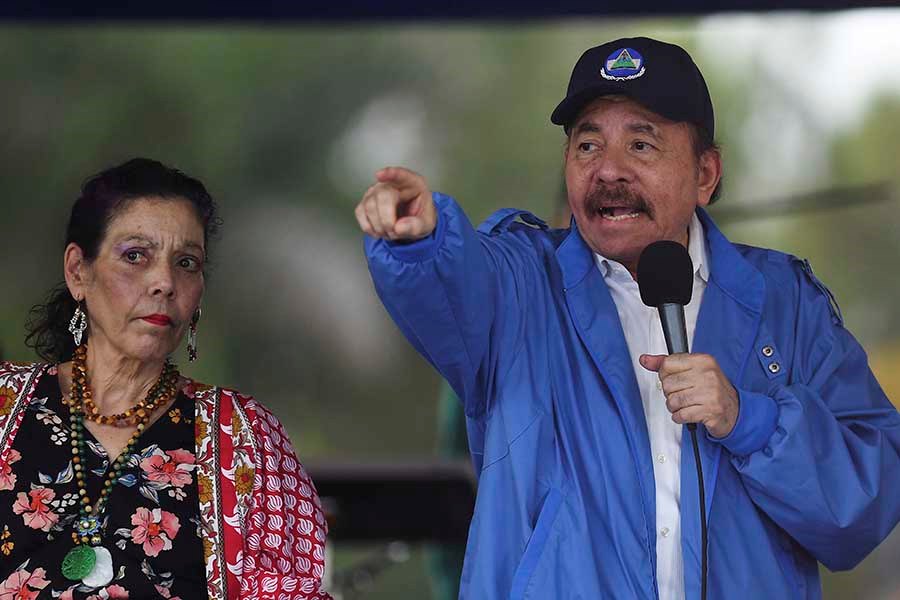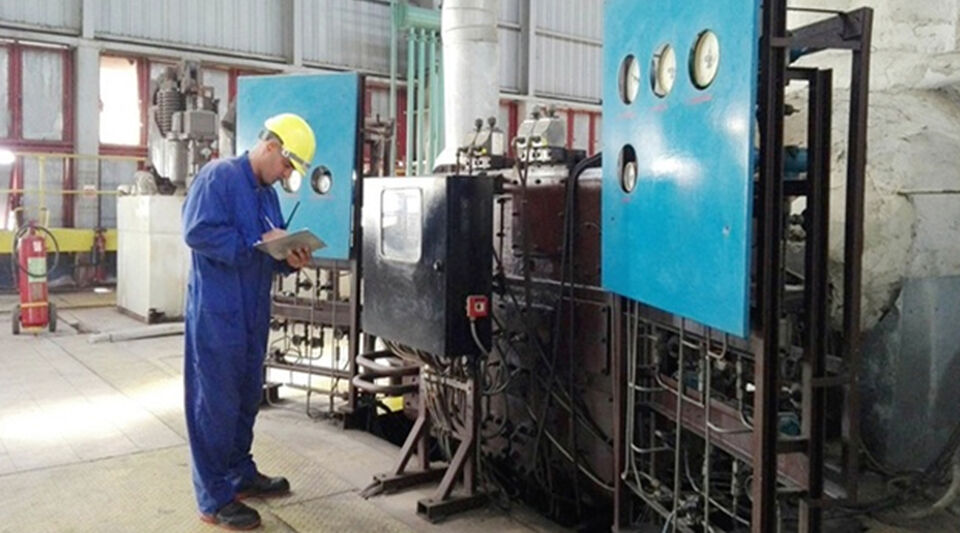Some twenty Nicaraguan opposition organizations expressed this Saturday their concern about “the diplomatic tensions due to the accusations and offenses” of the Government of President Daniel Ortega “against countries that have traditionally been friends of Nicaragua.”
In a statement, these organizations also rejected “the support given by the illegitimate government of Ortega to the decision of Vladimir Putin to recognize the independence of the separatist territories within Ukraine, endorsing Nicaragua as a Latin American ally of Russia together with the governments of Cuba. and Venezuela”.
Specifically, these organizations disapproved the withdrawal of credentials from the Colombian ambassador in Nicaragua, Alfredo Rangel Suárez, “as well as the insults publicly expressed against the Colombian State.”
On February 24, the Nicaraguan government withdrew Rangel Suárez’s credentials as Colombian ambassador in Managua, “by offensively interfering in the internal affairs of our country,” according to the Nicaraguan Foreign Ministry.
Previously, the Government of Colombia had ordered its ambassador in Managua to return to the country after Ortega assured that the Andean nation is a “narco-state” where social leaders are assassinated daily.
And last week, the case of the “political prisoners” in Nicaragua created a new friction between Managua and Bogotá, when the Foreign Ministry of the Central American country claimed Colombia for its rejection of prison sentences against opponents arrested in 2021.
THEY CRITICIZE EXPULSIONS OF ORTEGA TO DIPLOMATS
Likewise, the organizations criticized “the snub against the Spanish ambassador, María del Mar Fernández-Palacios, who was called for consultation by the Spanish government and could not re-enter Nicaragua by decision of the Ortega Murillo regime.”
On August 11 of last year, the Government of Pedro Sánchez summoned Ambassador Fernández-Palacios for consultations in response to a statement published the day before by the Nicaraguan Foreign Ministry that contained, according to the Spanish Ministry of Foreign Affairs, “gross falsehoods about Spanish judicial and electoral processes.
The opposition organizations also criticized “the suspension of the approval and consequent expulsion of the apostolic nuncio Waldemar Stanislaw Sommertag, who was forced to leave the country”, which “has represented a reprehensible and unjustified act against humanitarian efforts and in favor of human rights of the Catholic Church and the Vatican.
Related news: Ortega Regime Masks “Its Abuses of Power” with New NGO Law
The Vatican attributed the expulsion of his apostolic nuncio to Nicaragua to the Ortega government, and considered it a “serious and unjustified” imposition.
“To the previous abuses is added the decision of the Ortega Murillo regime to withdraw the approval of the head of the International Committee of the Red Cross (ICRC) in Nicaragua, Thomas Ess, for no apparent reason,” continued the group of opposition organizations.
“The absence of the ICRC representative in Nicaragua further increases the risk of the more than 177 political prisoners in the country,” they warned.
The ICRC confirmed that it received a letter in which the Sandinista government notifies that it has decided to withdraw approval from the Nicaraguan head of mission.
“The organizations definitely consider that the insults, slights, expulsions and impositions in the diplomatic relations of the Nicaraguan State, under the Ortega Murillo regime, do not represent the thoughts and feelings of the Nicaraguan people,” they pointed out.
Related news: Daniel Ortega will legalize “confiscation” of NGOs with a new law
Among the organizations that signed the declaration are the Nicaraguan Democratic Force (FDN), the Initiative for Change, the Reflection Group for Released Prisoners (Grex), the Self-Convened Nicaraguan Union, and the Alliance for the Peace and Liberation of Nicaragua.
Nicaragua has been going through a political and social crisis since April 2018, which has been accentuated after the controversial general elections on November 7, in which Daniel Ortega was re-elected for a fifth term, fourth consecutive and second along with his wife, Rosario Murillo. , as vice president, with her main contenders in prison or in exile.
















